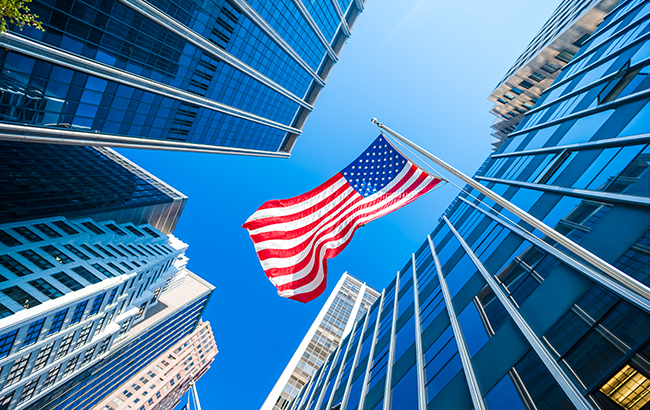This website uses cookies so that we can provide you with the best user experience possible. Cookie information is stored in your browser and performs functions such as recognising you when you return to our website and helping our team to understand which sections of the website you find most interesting and useful.
Calls for fairer tax rates for spirit-based RTDs
By Georgie CollinsThe Distilled Spirits Council of the US (Discus) has called for the West Virginia Joint Standing Committee on Finance to lower the tax rate for spirits-based ready-to-drink (RTD) cocktails.

West Virginia’s tax rate on spirits currently means that a spirit-based RTD with an ABV of 6% is 35 times higher than the tax rate on malt- and sugar-based beverages with the same alcohol content.
Andy Deloney, vice-president of state public policy for Discus, noted in his testimony on 25 July that the RTD category has transformed over the past several years with a wide array of options from malt-based hard seltzers, wine-based flavoured spritzers, or canned and pre-mixed cocktails.
While this variety has greatly increased consumer choice, Deloney pointed out that the consumers of spirits-based RTDs products are being unfairly burdened by higher taxes.
“Unfortunately, West Virginia spirits consumers are forced to pay much higher taxes for a spirits-based RTD product even if the product has the exact same or similar amount of alcohol as an RTD made with malt, sugar or wine,” he said.
The rate for malt- and sugar-based beverages with a 6% ABV is $0.02 per 354ml can compared with $0.71 per 354ml can of a spirit-based beverage.
The spirits industry generates nearly US$239 million in economic activity to the state of West Virginia, and US$48m to local communities and the state in taxes.
According to a 2021 Discus survey of craft distillers, 62% of those not currently producing RTD products cited the higher tax rate as a barrier to entering the market.
A tax rate decrease on spirit-based RTDs could generate an additional US$3m in tax revenue, according to the council.
“Three neighbouring states [Kentucky, Ohio and Virginia] already have reduced gallonage excise tax rates that apply to spirit-based RTDs,” Deloney continued. “Spirit-based RTDs cost on average 15%-20% more in West Virginia compared with these neighbouring states.”
Deloney cited the West Virginia Governor’s Highway Safety Program Impaired Driving Brochure, which states that “a can of beer, a glass of wine, or a wine cooler is just as intoxicating as a shot of liquor. They all contain approximately the same amount of alcohol.”
“To suggest by statement or policy that some forms of alcohol are ‘softer’ than others sends a dangerous message when science has long recognised that standard servings of distilled spirits, beer and wine contain the same amount of alcohol,” Deloney said. “This is a critical aspect of responsible consumption.”
West Virginia is one of many states taking a closer look at the issue to ensure that producers and consumers of spirit-based RTDs are being taxed fairly.
Decreased tax rates for lower-ABV spirit-based products have already been implemented in 25 states. In 2021, Michigan, Nebraska and Vermont passed bills to reduce the state excise tax on spirit-based RTDs.
Last week, the UK government said it would delay an alcohol duty review, which had been criticised for being based around the principle of “the stronger the drink, the higher the rate”.

